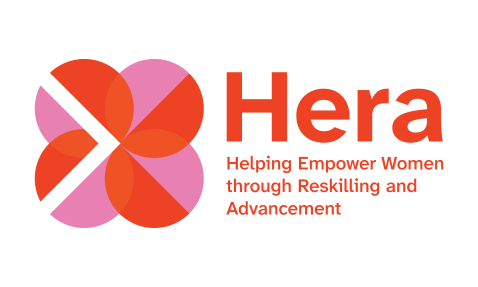Accessibility improvements at Veronicas Market thanks to the ‘ACCESS’ project
Murcia City Council is participating in a European project on inclusivity and accessibility in public buildings through the application of information and communications technology.

Murcia City Council participates in the ACCESS project funded by Horizon Europe, the European Union (EU) framework programme for research and innovation (R&I) for the period 2021-2027. The purpose, to bring accessibility to the Veronicas Market.
The project has a duration of 3 years and started on 1 June, with the Kick of Meeting in Greece. Today, the European technicians are visiting the Veronicas Market facilities to start the work.
In the words of the Councillor for Open Government, Economic Promotion and Employment: ‘this project will help us to make our public buildings more inclusive and adapted to the citizens of Murcia, it will allow us to exchange experiences with the project partners and to unify European criteria in reference to universal accessibility’.
Despite significant progress in the accessibility of public spaces, there is still a gap that makes it difficult for people with disabilities and older people to adapt. The implementation of digital tools is essential to eliminate this disparity in the population.
The AccesS innovation project aims to improve the accessibility of several European buildings, developing digital solutions to design, implement and promote inclusivity and accessibility measures in Smart Cities and smart buildings, increasing efficiency and sustainability in the use of buildings.
The solution will remove barriers for all people, regardless of their abilities, while maintaining a commitment to sustainability and efficiency.
The consortium consists of 20 partners from different countries: Greece, Cyprus, Italy, the Netherlands, Bulgaria, Romania and Switzerland.
The pilots are being developed in different European cities: Gabrovo (Bulgaria), Bari and Florence (Italy) and Murcia, assisted by different technological partners. In the case of Murcia, we will be assisted by MIW ENERGÍA and CETEM (Furniture and Wood Technology Centre).
The Spanish pilot will take place in the Veronicas Market building. The main actions to be carried out are the following:
- Assess the accessibility and inclusivity of the building and the renovation project, and make an action plan to increase them.
- Incorporate energy monitoring and environmental sensors to help develop energy efficiency measures and increase the comfort and well-being of users and visitors.
- Study electric mobility solutions focused on the elderly and people with any type of disability.
- Implement digital solutions that increase accessibility and inclusivity.

The methodology of the AccesS innovation project places the user at the centre, focusing on improving accessibility and social inclusion. To achieve this, various accessibility criteria will be defined and evaluated, such as physical accessibility, ease and comfort of use and safety of the space. This strategy is materialised through digital innovations, which will drive both the accessible design and the sustainable operation of the building.
With the possibility of improving accessibility in Murcia, one of the European pilots is being implemented in the Mercado de Verónicas building, known for its historic Plaza de Abastos. Murcia City Council, coordinator of the Murcia pilot, together with MIWenergía and CETEM, will be in charge of implementing the AccesS solution in the building.
The main innovation is the development of an inclusive digital solution that will inform users of the location of the different market stalls or the exhibition and cultural areas that will be developed in the building refurbishment. It will also provide information on environmental conditions, energy consumption and efficiency tips. This solution will be adapted for the elderly, the hearing impaired and the visually impaired. The solution will serve as a guide for users, displaying the indicated information and collecting user feedback on its functionality.
The project has a budget of €4,849,550.89, 100% financed by the European Commission.
The budget for Murcia City Council amounts to 186,600.00 €, of which 125,282.00 € corresponds to personnel costs, 16,800.00 € to flights and per diems, 7,200.00 € to investment material, 2,200.00 € to subcontracting for events and 37,320.00 € to indirect costs, being 100% financed by the European Commission.
Mercedes Bernabé adds, ‘Murcia is very well positioned in Europe, and proof of this are the various R&D projects that we are receiving the go-ahead for this new European financial period; Horizon Europe has only been running for two years and in the last year we have received funding from three European projects in the area of R&D: GINNGER, CARDIMED and ACCESS, totalling €388,812’.








